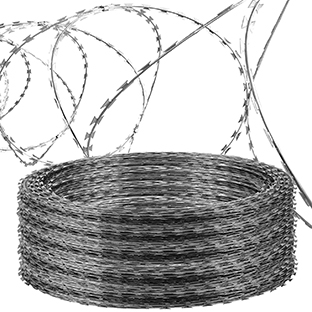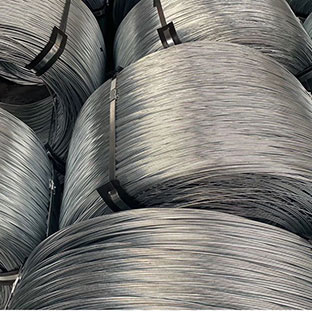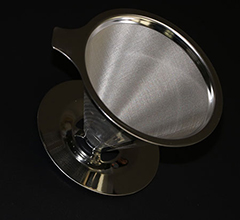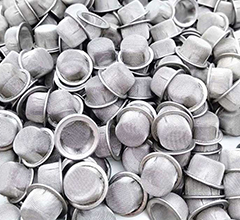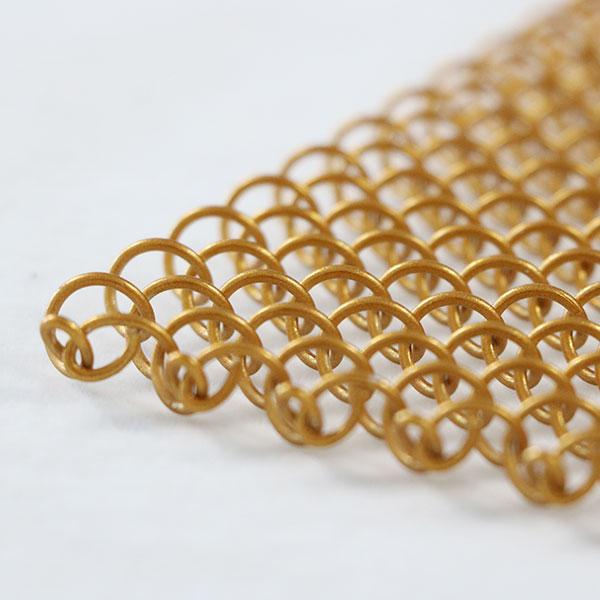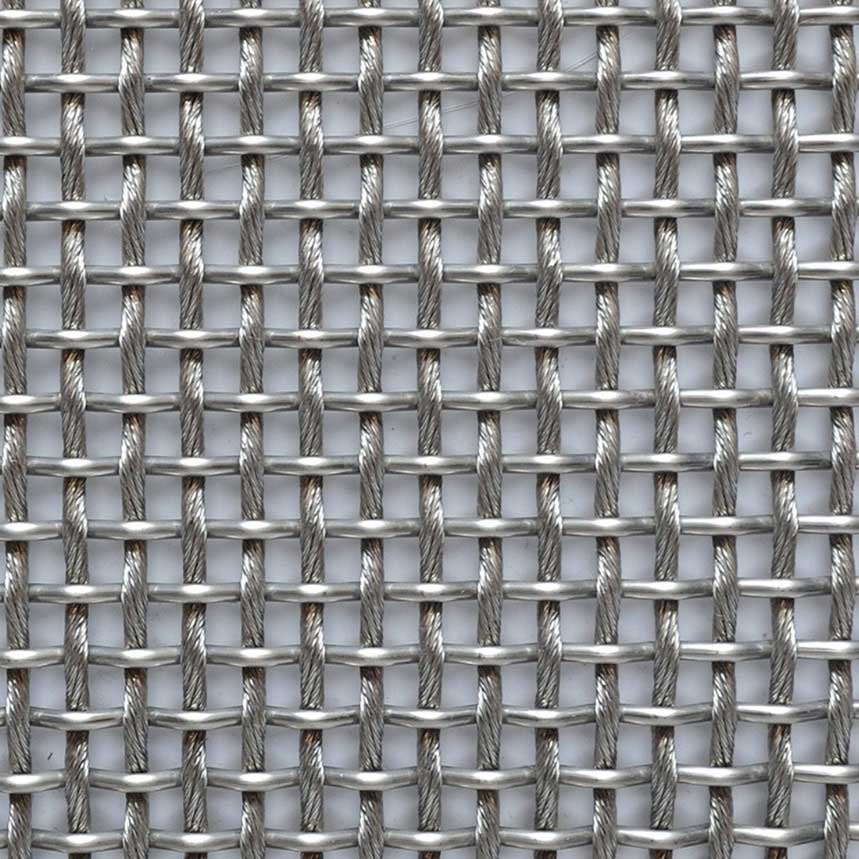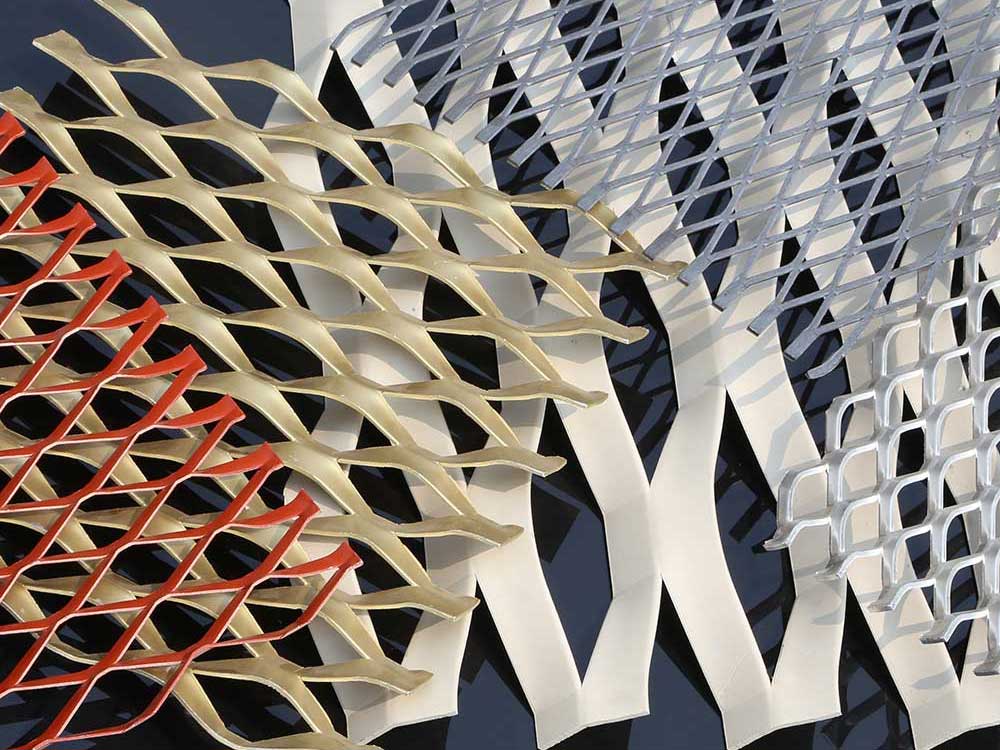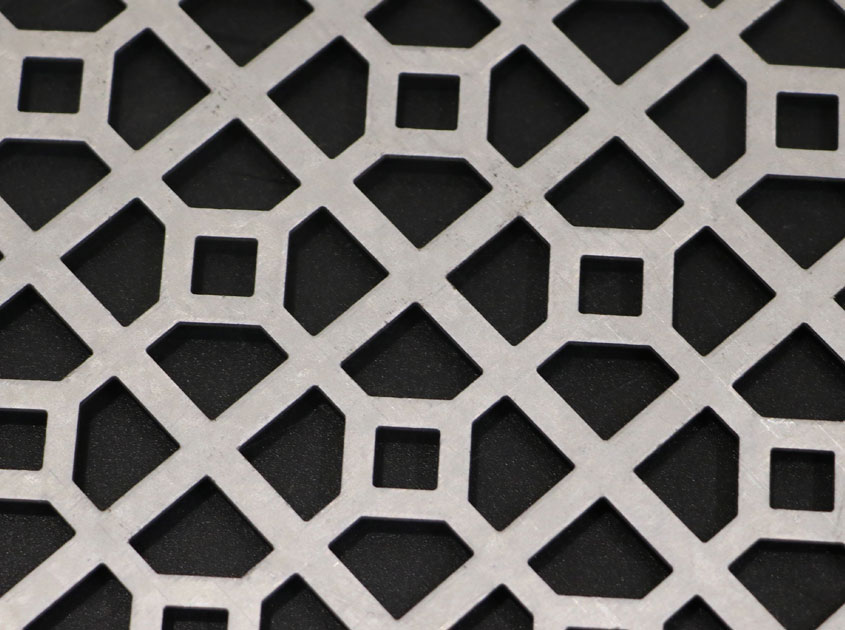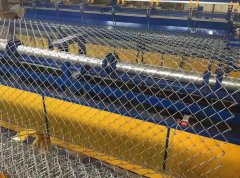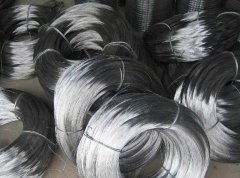Welded Gabion, a versatile and robust construction element, has found an essential role in agriculture, particularly in addressing the pressing issue of erosion control. This article delves into the applications of Welded Gabion in agriculture, emphasizing its significance in combating erosion and enhancing agricultural sustainability.
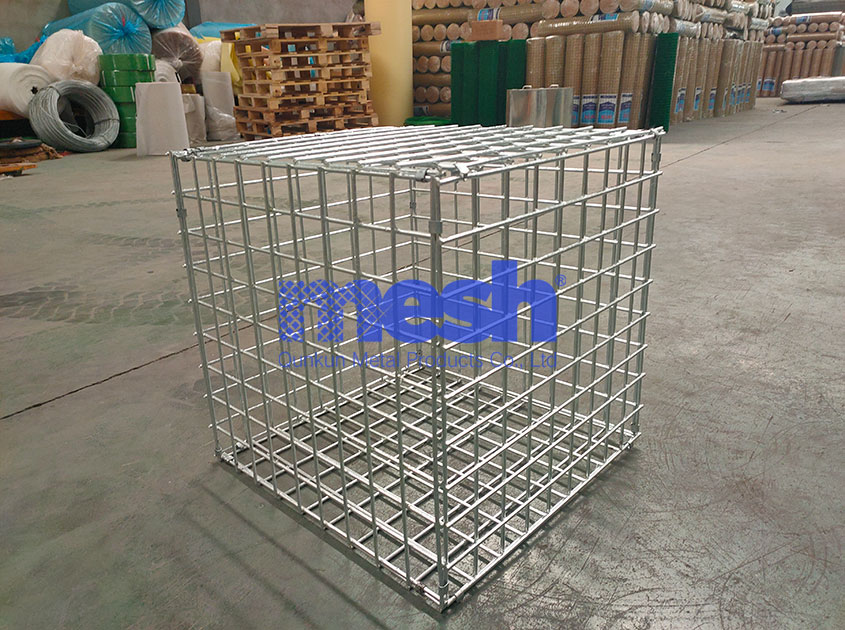
Erosion Control:
Welded Gabion serves as a highly effective erosion control measure in agricultural landscapes. Placing gabions strategically on slopes or areas prone to erosion helps in preventing soil loss caused by water runoff. The gabion's strong, welded structure retains the soil, allowing vegetation to take root and stabilize the area.
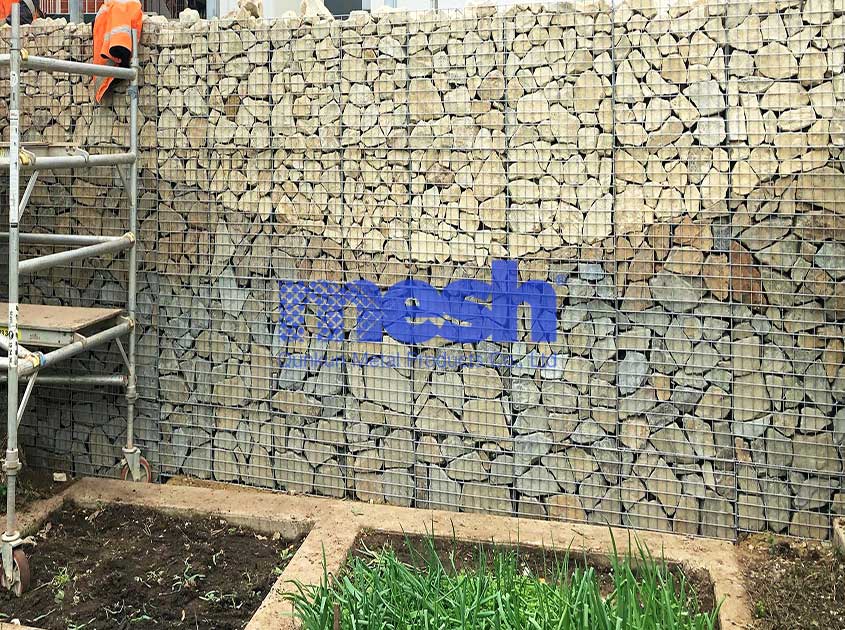
Terracing and Soil Retention:
In hilly or sloping agricultural terrains, Welded Gabion walls can be utilized to create terraces. These terraces aid in soil retention, preventing erosion and enabling farmers to maximize the use of arable land. The gabion's design allows for optimal water drainage, preventing waterlogged conditions that can harm crops.
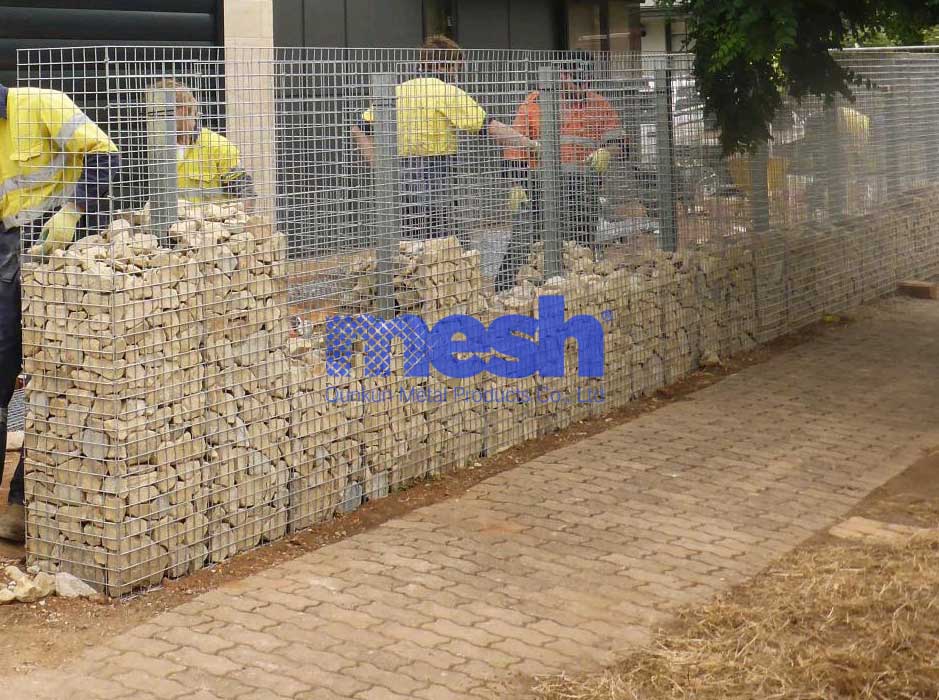
Welded Gabion, with its flexibility and adaptability, offers a sustainable solution to combat erosion and enhance agricultural practices. Its role in erosion control, soil retention, water management, and supporting agricultural infrastructure showcases its significance in maintaining a stable and productive agricultural environment. As farmers continue to grapple with the challenges of erosion and sustainable land use, Welded Gabion stands as a valuable tool to mitigate these issues and contribute to a more resilient agricultural landscape.


.jpg)




.png)






































